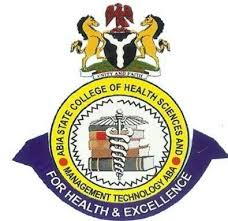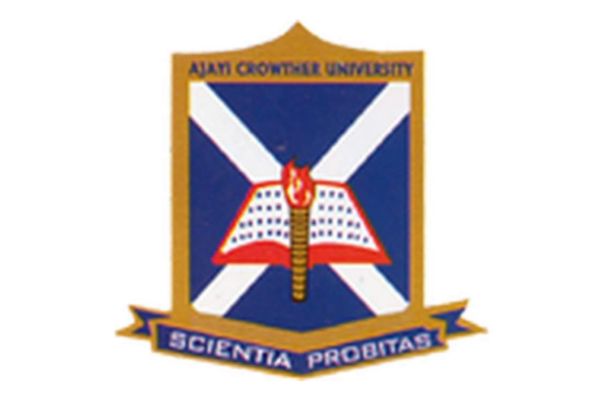The Ahmadu Bello University Teaching Hospital (ABUTH) School of Nursing is one of the most reputable nursing schools in Nigeria, offering high-quality education and practical training for aspiring nurses. As the demand for professional healthcare workers continues to rise, many prospective students seek information about the tuition and other associated costs for the 2025 academic session.
Understanding the school fee structure is crucial for students and their families to plan effectively. This article provides a detailed breakdown of the ABUTH School of Nursing fees for 2025, including tuition, additional charges, and payment procedures.
ABUTH School Of Nursing School Fees 2025
School Fees for 2025/2026 Academic Session
For newly admitted students at ABUTH School of Nursing, the estimated school fees range from 150,000 to 200,000 Naira per session. This variability may depend on the specific nursing program chosen, as different programs may have different fee structures. Students should ensure early payment at designated banks approved by the school management, as timely payments help secure enrollment and participation in academic activities.
Accommodation Costs
In addition to tuition fees, students considering accommodation will need to budget for hostel fees. In Zaria, the cost of a self-contained facility is approximately 120,000 Naira. This expense is significant for students who choose not to live on campus or with family.
Factors Influencing School Fees
Several factors can influence the school fees at ABUTH School of Nursing:
1. Cost of Infrastructure
Maintaining and upgrading facilities such as classrooms, laboratories, libraries, and hostels significantly impacts fees. Institutions with state-of-the-art facilities tend to charge higher fees.
2. Academic Programs and Curriculum
Specialized programs with practical components, such as nursing, engineering, or medicine, often require additional resources, leading to higher fees compared to general academic programs.
4. Location of the Institution
Schools in urban or high-cost living areas often have higher fees due to increased expenses related to utilities, land, and other resources. Rural schools may have lower fees but fewer amenities.
5. Government Regulations and Policies
Public institutions may benefit from government subsidies, resulting in lower fees. Private institutions, however, often operate without such support and set fees independently.
6. Accreditation and Reputation
Institutions with national or international accreditation and a strong reputation for academic excellence tend to charge higher fees as they are perceived to provide better quality education.
7. Practical and Laboratory Training
Courses that require hands-on training, such as nursing or medical programs, involve the use of specialized equipment, clinical settings, and consumables, which increase costs.
8. Inflation and Economic Conditions
Rising inflation, the cost of utilities, and the overall economic climate directly impact the operational costs of schools, often leading to an increase in fees.
9. Technology Integration
Incorporating technology into education, such as e-learning platforms, computer labs, and smart classrooms, adds to operational expenses and influences fees.
10. Extracurricular Activities
Schools that provide extracurricular activities, such as sports, cultural events, and clubs, may charge additional fees to cover these programs.
11. Scholarships and Financial Aid
Institutions offering scholarships or financial aid might adjust their fee structure to accommodate these
Program Type: Different nursing programs (e.g., basic nursing versus advanced nursing) may have varying tuition costs.
Academic Year: Fees can change from one academic year to the next, reflecting adjustments in operational costs or government policies.
Government Regulations: Changes in education policies or funding can impact the school’s fee structure.
Additional Costs to Consider
Beyond tuition and accommodation, students should also factor in other essential expenses:
- Feeding: Costs for meals and groceries, which can vary based on dietary preferences.
- Transportation: expenses incurred if commuting to the campus.
- Books and Materials: The necessity of purchasing textbooks, notebooks, and other academic resources.
- Exams and Certification Fees: Additional costs associated with examinations and certifications related to the nursing programs.
Financial Aid Options
For students concerned about the overall costs, exploring financial aid options is advisable. ABUTH may offer scholarships, bursaries, or loan programs to help ease the financial burden. Prospective students should reach out to the financial aid office for detailed information on available opportunities.
How to Obtain Accurate Information
To ensure that students have the most current and accurate information regarding fees and admissions, consider the following steps:
- Official Website: Regularly check the ABUTH School of Nursing’s official website for updates on fee schedules and announcements.
- Admissions Office: Contact the admissions office directly via phone or email for inquiries regarding specific programs and fees.
- In-Person Visit: If feasible, visiting the campus can provide direct insight and answers to any questions about the school.
Conclusion
Pursuing a nursing education at ABUTH School of Nursing is a valuable investment in a rewarding career in healthcare. While the school fees for 2024 may vary depending on different factors, having a clear understanding of the costs involved helps students prepare financially. It is advisable to stay updated with official announcements from the school to ensure accurate and timely payment of fees. By planning, aspiring nurses can focus on their studies and practical training without financial uncertainties.







